The best way to deal with your child's tiny teeth is to visit a pediatric dentist. Fortunately, Texas has some of the best pediatric dentists in the country, and the doctors at Texas Tiny Teeth know exactly how to make your child feel comfortable and happy. They will treat your child like their own, and make them feel as comfortable as possible. Plus, Dr. James will probably become your child's new best friend! The experience will be both enjoyable for you and your child.
Table of Contents
Treatments
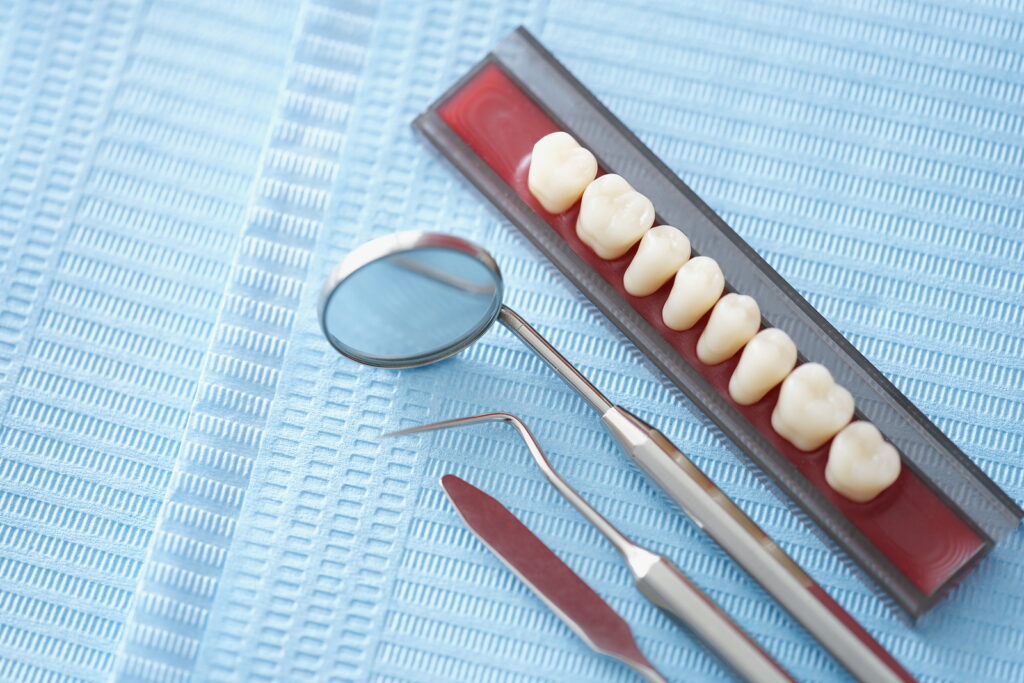
There are many different causes of tiny teeth, including genetics and wear and tear. It's important to determine the cause before choosing a treatment, but state-of-the-art dental treatments can help restore the appearance and function of short teeth. Microdontia is a type of short tooth caused by genetics, but it can also occur due to certain habits, such as bruxism or teeth grinding. Treatment options can be discussed with your dentist during a regular checkup.
Cosmetic dentistry is the most common option for treating tiny teeth. Cosmetic dentists use cutting-edge technology and techniques to correct most dental disorders. Some options involve painless procedures that will result in a stunning new smile. Dental veneers and dental crowns are a few of the common options available to fix small teeth. The dentist can also use a surgical technique known as a gum lift to enhance the appearance of small teeth. However, it is important to remember that any procedure is only temporary and does not solve the problem permanently.
Another option for treating tiny teeth is gum reshaping. This treatment involves reshaping the gum line to reveal the natural dental structure underneath. The procedure may take two visits and is performed under the supervision of a cosmetic dentist. The results will be noticeable within a few months. Treatments for tiny teeth may involve several steps, which will be discussed with you during your initial consultation. Your dentist will be able to recommend the best course of treatment for your situation.
Causes
Tiny teeth can be caused by a variety of factors. Crookedness, gum disease, and teeth grinding are all potential causes. A dentist can recommend treatments to correct these problems and make them more attractive. Some people are genetically predisposed to having small teeth. Other factors may be systemic or inherited. Your dentist will be able to recommend a treatment plan that will help you achieve the smile you've always wanted.
Genetics, tooth grinding, and other factors can cause short, unattractive teeth. While most people are not born with this condition, it can occur as a result of cleft palate, extreme teeth grinding, or other factors. It is common as people age. Regardless of the cause, state-of-the-art treatments are available to help people with microdontia regain their smile. Listed below are some causes of tiny teeth and treatment options.
Hallermann-Streiff syndrome is a genetic disorder that causes malformations in the skull and mouth. It affects the teeth and gums and causes redness and a slow growth rate. While microdontia is rarely life-threatening, it can still pose an aesthetic problem and can result in speech and eating problems. Dr. Armstrong can help you achieve the smile of your dreams by correcting your tiny teeth.
Symptoms
The atypically small teeth are medically referred to as microdontia. A few people have small teeth by nature, while others may have all their teeth be very tiny. There is a genetic component to microdontia, too. True generalized microdontia is caused by pituitary dwarfism, which results in teeth that are uniformly smaller than other teeth. If you suspect that you have microdontia, consult a dentist.
Some causes of tiny teeth are genetic, and some people naturally have smaller teeth and prominent gums. Tiny teeth can be an inherited trait, but you can get rid of them with the help of a dentist. Dr. Armstrong can correct your tiny teeth with his expertise. You can call our Houston dental practice and schedule a consultation today. There are many treatments available to improve the appearance of your teeth, including dental implants. You may be able to save your tiny teeth, as well as your confidence.
Some common causes of tiny teeth include bedtime infant feeding and sugary drinks. Both sugar and carbohydrates are required by the bacteria that cause decay. Babies with peg teeth may have gaps around their baby teeth. In addition, inadequate brushing can lead to the development of plaque, which results in the first stages of tooth decay. A dentist should address these issues quickly before they become more serious. The symptoms of tiny teeth will vary with every individual, but you can get a general idea about what to look for.
Causes of bruxism
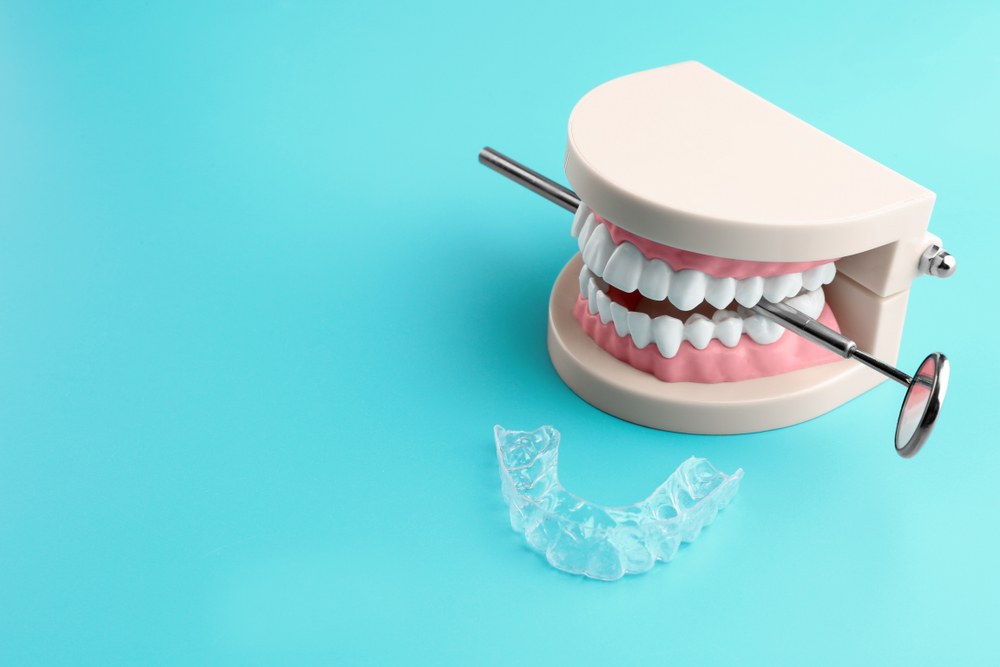
If you have noticed your child grinding their teeth at night, you are not alone. Twenty to thirty percent of children grind their teeth while they sleep. This behavior is also a common response to stress, and it can be caused by many factors. Some medications are linked to increased risk of bruxism in children, and it may also run in families. The good news is that there are treatments available to treat this problem.
Symptoms of bruxism vary but are generally not significant. The most common symptoms of bruxism include jaw pain and worn teeth. A sleep partner or parent may notice clenching or grinding noises while a child sleeps. A dental exam can determine if bruxism is causing these problems. During the exam, the dentist will look for worn or chipped teeth, and may also take an x-ray to determine if there is bone damage.
Several psychosocial factors have been linked to bruxism, including alcohol and caffeine consumption. Some people also suffer from mental health problems, such as schizophrenia or bipolar disorder. Although this connection isn't fully understood, it is possible for one to suffer from both conditions. There is a strong connection between bruxism and snoring, and it may be related to an undiagnosed medical condition.
Symptoms of pituitary dwarfism
One of the most common causes of pituitary dwarfism is an abnormality in the pituitary gland. This gland, also called the hypophysis, is divided into two halves. The anterior part produces six hormones: growth hormone, adrenocorticotropin, prolactin, and oxytocin. The posterior half only produces two hormones: antidiuretic hormone and oxytocin.
There is no cure for pituitary dwarfism. Treatment depends on the underlying cause. Generally, it involves replenishing the hormones. There are several treatments for pituitary dwarfism, but most involve hormone replacement. Endocrine testing is another common diagnostic method. A veterinarian will look for a decrease in plasma insulin-like growth factor-1 concentration and may use a growth hormone-releasing hormone to stimulate the pituitary gland.
Some breeds of dogs are more likely to suffer from pituitary dwarfism than others. Dogs with pituitary dwarfism may have cysts or enlarging tumors on their pituitary gland. During the first few months of life, affected dogs appear normal. By two to three months of age, they show symptoms of pituitary dwarfism, including small body size compared to littermates. Moreover, they lack the adult hair coat and exhibit skin discoloration. Additionally, they are prone to infertility, both sexes.
Another cause of pituitary dwarfism is a pea-sized tumor in the pituitary gland. This condition can be congenital or acquired. It runs in families, and can also be caused by brain tumors. Other possible causes of pituitary dwarfism include radiation therapy and diseases of the hypothalamus. If the pituitary gland is damaged, hormone levels can drop below normal levels.
Causes of generalized microdontia
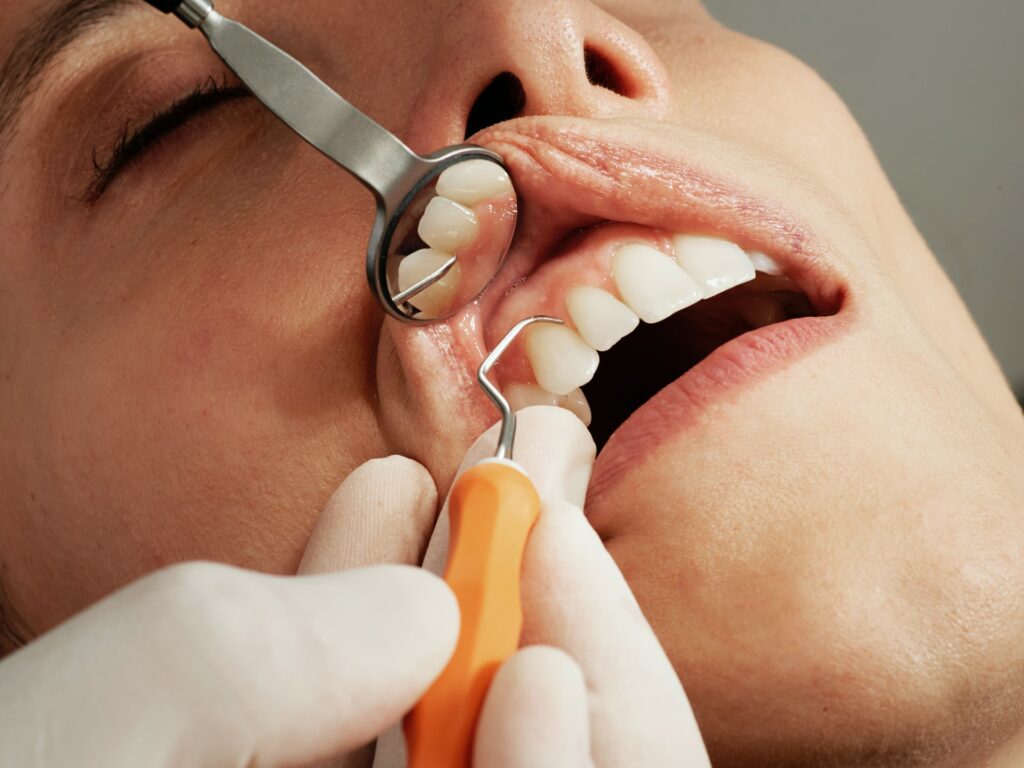
There are many possible causes of generalized microdontia. Some are genetic, while others are not. In both cases, the impacted tooth is not the proper size for the tooth's crown, and the surrounding teeth may shift out of place. This may result in malocclusion, and food may become trapped between the teeth. If you have any of these symptoms, you should seek dental treatment as soon as possible.
While rare, a genetic syndrome that causes microdontia can be the cause of the condition. A mesodermal disorder, such as pituitary dwarfism, can also cause the problem. A syndrome known as trisomy 13 is also a known cause. Pituitary dwarfism can also cause generalized microdontia. Symptoms vary from case to case, and future studies are needed to determine the link between genetics and the prevalence of this disease.
While generalized microdontia affects the entire mouth, some cases occur with just one tooth. The condition can be caused by genetic factors or a supernumerary tooth. It's rare to have all teeth affected, but if the entire jaw is disproportionately large, it can cause the problem. Other causes of generalized microdonta are pituitary dwarfism and chemotherapeutic or radiation treatment.

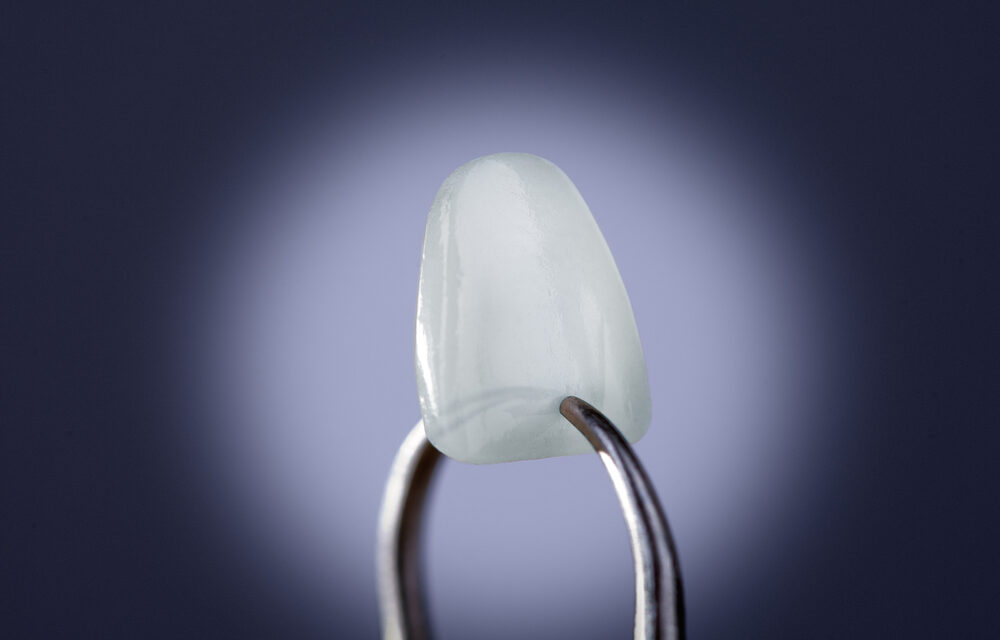

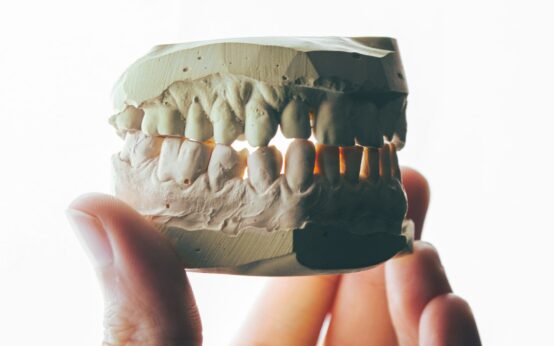 Cosmetic Dentistry – Treatment Options For Tiny Teeth
Cosmetic Dentistry – Treatment Options For Tiny Teeth